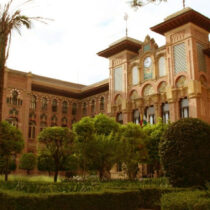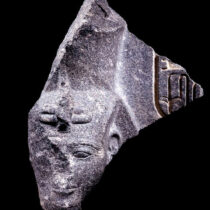The creation or even the forming of a plan of a substantial history of dance meets with considerable obstacles due to the peculiarities of Greek history. If one is to read published monographs on 20th century trends in Greek dance, one sees that ballet appeared almost illicitly in the first decades of the century and developed gradually. One also reads of the romantic adulation of ancient Greece in the Delphic Festivals (1927, 1930). These Festivals made artistic dance socially acceptable. Then dance became established through eurythmics and its contribution to ancient drama “orchesis” which brought an altogether new interpretation to the classical ideal. In the second half of the 20th century, an attempt was made for artistic dance in Greece to keep pace with Western trends, in relation with Greek morals and aesthetic. It thus appears that classical education in Greece stands diametrically opposed to a classical education in dance. However, some of the most original dance performances in Greece were achieved when Greek artists dared to integrate, through modern means, inspirations coming from a Greek, historical past.
An approach to the Greek history of dance
29 Aug 2012
by Archaeology Newsroom
- A
- A
- A

